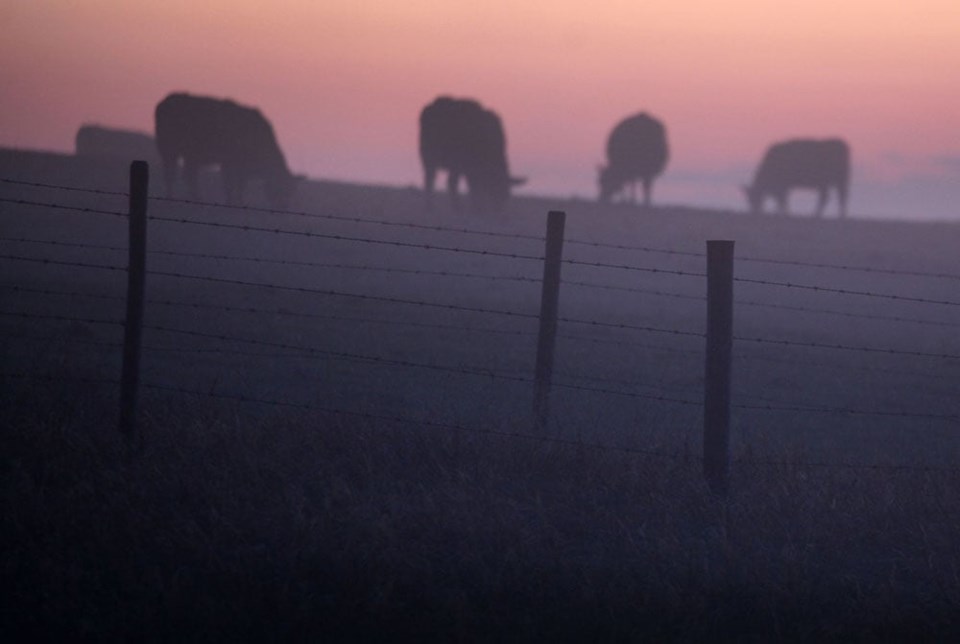It’s been more than a year since China imposed a ban on Canadian beef imports following a case of atypical BSE in a central Alberta cow and there are no signs as to when it might be lifted.
Unlike the classic variant of the neurological disorder, which is largely connected to contaminated feed, atypical BSE is considered naturally occurring, rarely and spontaneously, in older cattle.
South Korea and Philippines also instituted import bans on Canadian beef after the Canadian Food Inspection Agency reported the case in late 2021. Those restrictions were lifted by January 2022.
Chris White, president and chief executive officer of the Canadian Meat Council, said Canadian officials have provided all relevant and requested information to their Chinese counterparts.
“We don’t have a clear line-of-sight into what the Chinese authorities are thinking. The encouraging thing is… CFIA, our embassy in Beijing have done everything that has been asked of them by Chinese officials,” he said. “They’ve given them all the information they’ve asked for. They’ve given them all the analysis, the scientific data so there is nothing more Canada, at this stage, can provide to Chinese officials.”
White said the situation is frustrating in the absence of feedback from China.
“That’s just the reality when a foreign government makes a decision that they feel like is in their best interest,” he said, adding that on the positive side, other countries have lifted their restrictions and China has lifted its involving other country’s cases of atypical BSE.
Brazil, China’s largest provider of beef products, saw its exports suspended in July 2019 and again in 2021 following two separate reports of atypical BSE cases in a total of three animals.
In both cases, the trade restrictions were lifted within days.
Ireland also saw its beef exports banned by China in May 2020 following detection of an atypical BSE case.
Ireland announced on Jan. 5 that export ban had been lifted.
In a media release announcing the lifting of the ban, Irish Minister of State Martin Heydon credited the country’s ambassador for helping to resolve the issue.
White said the appointment of Canadian ambassador to China Jennifer May in September will likely help. The position was vacant for most of 2022.
White said he has brought up the export ban with the Chinese ambassador to Canada and hopes the recent lifting of COVID restrictions will allow for in-person visits to the country to advocate for Canadian beef products.
Contact [email protected]



